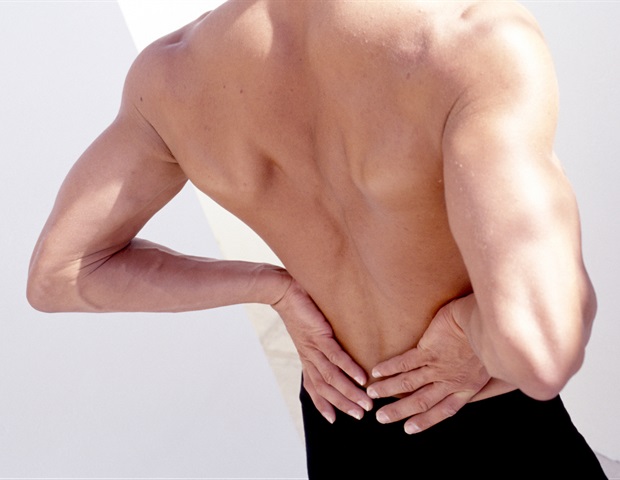
Solely round 1 in 10 widespread non-surgical and non-invasive remedies for decrease again ache is efficient, suggests a pooled knowledge evaluation of the accessible analysis, revealed on-line in BMJ Proof Primarily based Drugs.
And the ache reduction they provide is just marginally higher than that achieved with a placebo, the findings point out.
Low again ache is widespread and debilitating, and 80%-90% of it’s categorised as non-specific, as a result of there is not any instantly identifiable trigger, notice the researchers.
Non-surgical and non-invasive approaches are really useful because the preliminary remedy method. However many such choices can be found, and it isn’t all the time straightforward to know which of them are efficient, level out the researchers.
To construct on the proof base, the researchers scoured analysis databases for revealed randomized placebo-controlled trials of non-surgical and non-interventional remedies for individuals with non-specific low again ache, with the purpose of pooling the outcomes.
The approaches included have been pharmacological, reminiscent of non-steroidal anti-inflammatory medicine (NSAIDs) and muscle relaxants, and non-pharmacological, reminiscent of train, therapeutic massage, and spinal manipulation.
A complete of 301 trials investigating 56 totally different remedies or remedy combos have been included within the pooled knowledge evaluation. The trials have been carried out in a complete of 44 international locations in Africa, North America, South America, Asia, Australia, and Europe.
The commonest interventions have been NSAIDs (27 trials), opioids (26 trials), laser and light-weight remedy (25), acupuncture (24), and delicate handbook remedy (mobilisation; 19 trials).
Fifty two trials sampled contributors with acute low again ache; 228 trials with power low again ache; and 21 trials contributors with each sorts. Ache depth was most frequently assessed utilizing the Visible Analogue Scale or the Numeric Score Scale.
Of the 69 remedy comparisons included within the trials, the knowledge of the proof was average for 11 (16%), low for 25 (36%), and really low for 33 (48%), as assessed by the GRADE system.
The pooled knowledge evaluation confirmed that in contrast with placebo, no non-pharmacological remedies and solely NSAIDs emerged as efficient for acute low again ache; train, spinal manipulation, and taping, antidepressants and medicines that focus on ache receptors (TRPV1 agonists) emerged as efficient for power low again ache.
However the results have been small.
Reasonable high quality proof confirmed that remedies for acute low again ache that weren’t efficient included train, steroid injections and paracetamol, whereas anaesthetics (i.e. Lidocaine) and antibiotics weren’t efficient for power low again ache, the evaluation confirmed.
The proof was inconclusive for 10 non-pharmacological and 10 pharmacological remedies for acute low again ache. It was additionally inconclusive for a variety of twenty-two non-pharmacological remedies, together with acupuncture, therapeutic massage, osteopathy and TENS, and 16 pharmacological remedies, together with antidepressants + paracetamol, complementary medicines, bisphosphonates, and muscle relaxants for power again ache.
The researchers level out that lots of the accessible trials included just a few contributors and reported inconsistent outcomes, added to which, the sort and high quality of among the placebos used diversified significantly, doubtlessly affecting the knowledge of the findings.
However they are saying: “Our evaluation didn’t discover dependable proof of huge results for any of the included remedies, which is in line with scientific tips and our earlier evaluation. Whereas we wish to present extra sure suggestions for the place to speculate and disinvest in remedies, it isn’t doable presently.”
They emphasise: “There’s a clear want for giant, high-quality, placebo-controlled trials to cut back uncertainty in efficacy estimates for a lot of non-surgical and non-interventional remedies.”
Supply:
Journal reference:
Cashin, A. G., et al. (2025) Analgesic results of non-surgical and non-interventional remedies for low again ache: a scientific evaluation and meta-analysis of placebo-controlled randomised trials. BMJ Proof-Primarily based Drugs. doi.org/10.1136/bmjebm-2024-112974.


